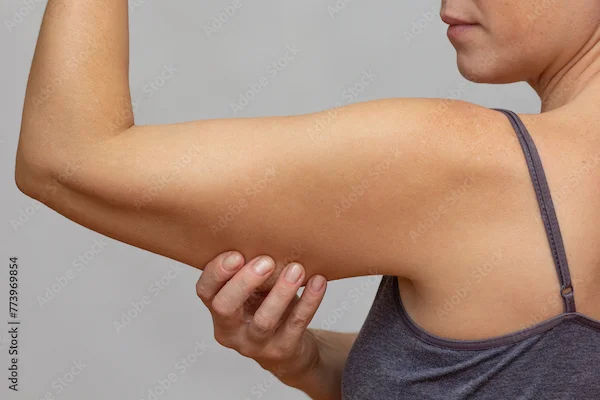- Male
- 20 Years
- 22/01/2025
I'm using aziderm cream instead of the aziderm gel that my doctor suggested. Is there any chance it might cause a reaction or any issues with my skin? I'm a bit worried about if it might feel different or cause any irritation.
Answered by 1 Apollo Doctors
Aziderm contains azelaic acid, which is commonly used to treat certain skin conditions like acne. The primary difference between a gel and a cream formulation lies in their base composition. Gels are usually water-based, tend to be lighter, and can be more suitable for oily or acne-prone skin. Creams, on the other hand, are often oil-based, thicker, and might be more appropriate for dry or sensitive skin.
Using Aziderm cream instead of gel should generally be safe, but keep the following points in mind:
Skin Type Compatibility: If you have very oily or acne-prone skin, a gel might penetrate better without leaving a greasy feeling. If your skin is more on the dry or sensitive side, a cream might be more soothing.
Irritation Potential: Both formulations can potentially cause some irritation, especially if your skin is sensitive to azelaic acid. Watch for redness, stinging, or peeling. If you experience significant discomfort, consider discontinuing use or reducing the frequency of application.
Application Tips:
Apply a thin layer to the affected area. Start using it once daily to see how your skin reacts, then gradually increase to twice daily if needed. Moisturizer: If you notice dryness, applying a non-comedogenic moisturizer after the cream may help.
Sun Protection: Ensure you use adequate sun protection, as azelaic acid can make your skin more sensitive to the sun.
Dr. Dr Khaleel Suggests...
Consult a Dermatologist
Answered 04/07/2025
1
0

More Dermatology Health Queries
View allI'm taking roxithromycin as my doctor prescribed, but after just two days, my skin's breaking out even more than before. What's going on? Is this normal, or should I be worried?
Advised dermat opinion.Kindly stop taking roxithromycin as it is allergic to you.
Answered by 1 Apollo Doctors
I'm really worried about the likelihood of white spots coming back after surgery for leucoderma or vitiligo. Also, I'm stuck trying to figure out if laser treatment or surgery is a better option for curing this. Could you give me some advice on which might be more effective?
-1. The chances of recurrence of white spots after surgery in vitiligo (leucoderma) depend on various factors like the extent of the disease and individual response to treatment. Recurrence can happen, but it's not guaranteed. 2. Both laser treatment a
Answered by 1 Apollo Doctors
I'm a bit confused about how to use this Halox S lotion that my doctor prescribed. They didn't specify how long I should leave it on. Can you help clarify how to properly use it?
Apply locally and rinse it with luke warm water.
Answered by 1 Apollo Doctors
Disclaimer: Answers on Apollo 247 are not intended to replace your doctor advice. Always seek help of a professional doctor in case of an medical emergency or ailment.


